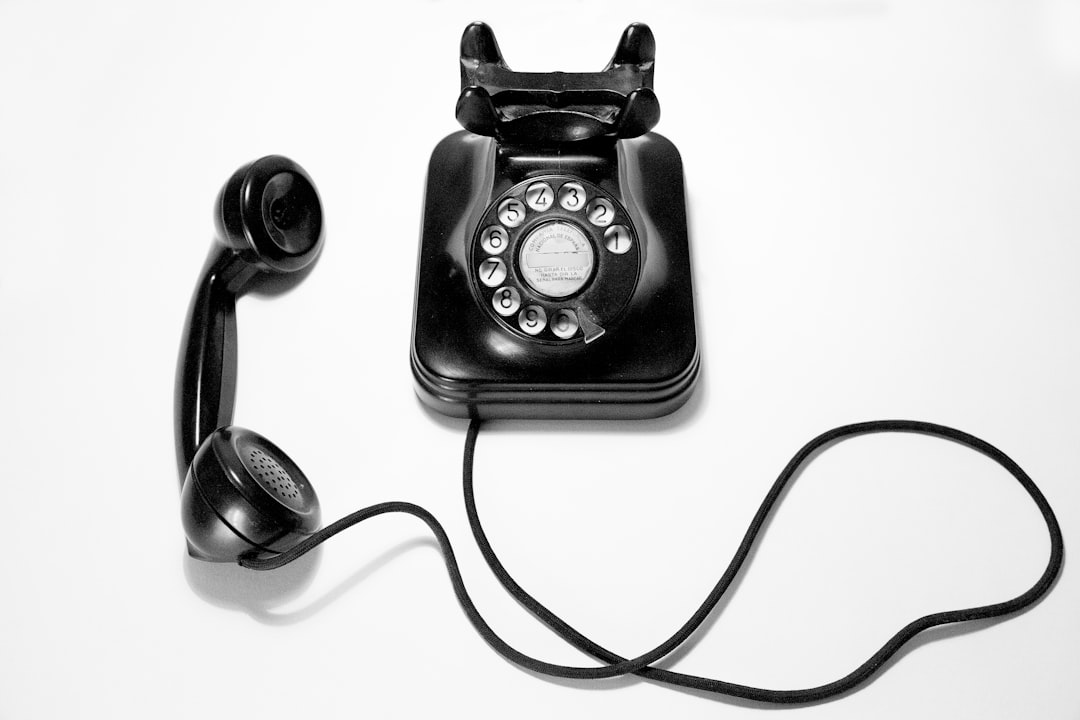Maine's autodialer law firm regulations strictly govern automated marketing calls, prioritizing consumer privacy and consent. Businesses face penalties for non-compliance with TCPA and state laws, emphasizing opt-out options, call records, and explicit consent. Consumers can stop unwanted calls and seek compensation, while law firms must adhere to ethical standards for effective autodialer law firm Maine practices.
In Maine, as in many states, the use of autodialers for telemarketing raises significant concerns. This article delves into the risks associated with autodialing practices within the state, focusing on legal implications for law firms employing these technologies, consumer rights protections, and ethical marketing standards. By understanding Maine’s approach to regulating autodialers, businesses can navigate these complexities effectively while ensuring compliance and maintaining public trust. Key considerations include consumer opt-out rights and best practices designed to foster transparency and respect for individual privacy.
Maine's Approach to Regulating Autodialing

Maine has taken a stringent approach to regulating autodialing, or automated phone calls, in an effort to protect consumers from unwanted and intrusive marketing practices. The state’s laws are designed to give residents control over their phone lines and ensure transparency in telemarketing activities. According to Maine’s Autodialer Law Firm, any business using an autodialer to make sales or marketing calls must comply with strict regulations, including obtaining prior consent from the caller before dialing, providing a way for recipients to opt-out of future calls, and maintaining detailed records of call data.
Enforcement of these rules is taken seriously, with penalties for violations ranging from fines to legal action. Maine’s Attorney General’s Office actively monitors compliance and educates businesses about their obligations, ensuring that autodialing practices are fair and legal. This robust regulatory framework demonstrates the state’s commitment to preserving consumer privacy and preventing nuisance calls, making it a model for other states considering similar legislation.
Legal Implications for Law Firms Using Autodialers

Law firms in Maine that employ autodialing technology for marketing or client outreach purposes must navigate a complex web of legal considerations. While autodialers can be an effective tool to reach potential clients, they also carry significant risks if not used properly. Violations of state and federal laws, such as the Telephone Consumer Protection Act (TCPA), can result in substantial fines and damage to the firm’s reputation.
Maine’s regulations regarding telemarketing practices are stringent, and law firms must adhere to strict guidelines to avoid legal implications. Unauthorized or unsolicited autodialed calls can lead to consumer complaints and class-action lawsuits. Law firms using autodialers should implement robust opt-out mechanisms, maintain detailed records of call data, and ensure explicit consent from recipients to mitigate these risks.
Consumer Rights and Protection Measures

In Maine, consumer rights and protection measures are in place regarding autodialing practices. Under the Telephone Consumer Protection Act (TCPA), businesses are prohibited from using automated dialing systems or artificial or prerecorded voice messages to make sales calls without prior explicit consent. Consumers have the right to request cessation of such calls and can file complaints with the Federal Communications Commission (FCC).
Additionally, Maine has its own laws that reinforce consumer protection. Consumers can take legal action against companies that violate their privacy by using autodialers. If you’ve received unwanted calls from an autodialer law firm in Maine, it’s advisable to document the calls and contact a reputable attorney specializing in TCPA litigation to understand your rights and options for compensation.
Best Practices for Ethical Telemarketing

When utilizing autodialing technologies in Maine, it’s imperative that law firms uphold high ethical standards to ensure consumer protection and compliance with state regulations. Best practices include obtaining prior consent from potential clients, providing a clear and concise disclosure of the caller’s identity and purpose, and allowing recipients to opt-out or hang up at any time without fear of reprisal.
Furthermore, Maine’s autodialer law firm guidelines emphasize the importance of respectful and non-intrusive communication. Firms should avoid excessive call volume, use recorded messages only where permitted, and ensure that all marketing materials are truthful and not misleading. Regular training for staff on these ethical principles is crucial to maintain a positive reputation and foster client trust in the legal services provided.






